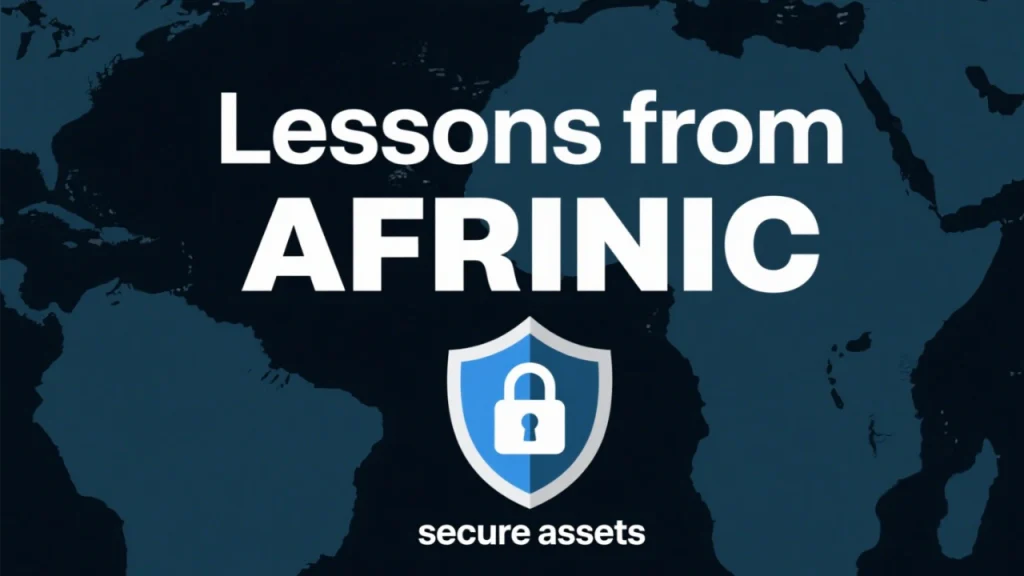- AFRINIC’s failure to maintain fair elections eroded trust and stability.
- The crisis shows the importance of transparent decision-making and swift crisis response to safeguard assets.
What happened: AFRINIC’s collapse and the call for change
AFRINIC, Africa’s regional internet registry, has entered a state of crisis after years of governance failure. The most recent turning point was the annulment of its 23 June 2023 board election. The decision followed a proxy dispute that remained unresolved. As a result, many valid votes were discarded, and confidence in the election process collapsed.
This incident added to a pattern of dysfunction. Stakeholders increasingly believe the organisation cannot fulfil its core responsibilities. Cloud Innovation Ltd., AFRINIC’s third-largest member, responded by calling for the registry to be dissolved. It described the move as necessary to protect Africa’s IP address resources.
Cloud Innovation also urged the immediate transfer of AFRINIC’s IP address duties to other regional internet registries. The goal is to ensure continuity and prevent further harm to Africa’s digital infrastructure. Without reform or replacement, the risk to the continent’s internet operations will continue to grow.
Also Read: New ICANN CEO Kurtis Lindqvist and his global power grab
Also Read: EXPOSED: The letter that reveals who was really benefitting from AFRINIC’s lawsuits
Why it’s important
AFRINIC’s collapse offers broader lessons for organisations that manage critical systems or assets.
First, strong governance is essential. AFRINIC’s inability to run a fair and reliable election created confusion, division, and instability. Trust eroded quickly. This shows how fragile institutions can become when governance structures break down.
Second, crisis response must be swift and strategic. Cloud Innovation’s public demand for action reflects how stakeholders can step in when official leadership fails. By reacting quickly, they aimed to contain further risk to regional internet management.
Finally, transparency matters. AFRINIC’s failure to communicate clearly and resolve internal disputes has deepened the crisis. Organisations that handle shared resources must be especially transparent, both in policy and in process.
In short, AFRINIC’s experience is a warning. When leadership fails and governance weakens, core operations—and public trust—can fall apart. Other institutions should take note, strengthen their internal systems, and remain ready to act if disruption arises.

